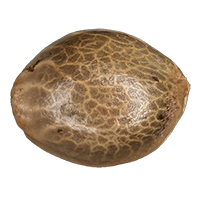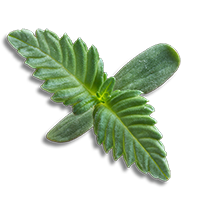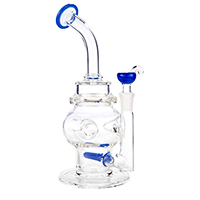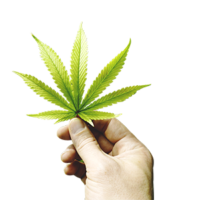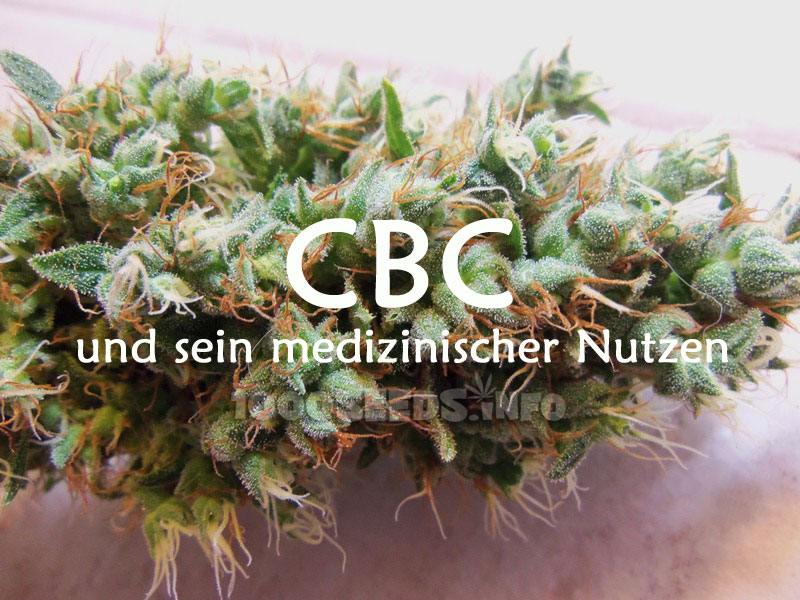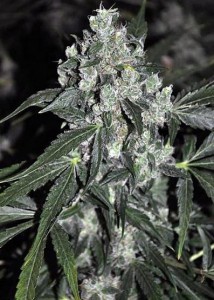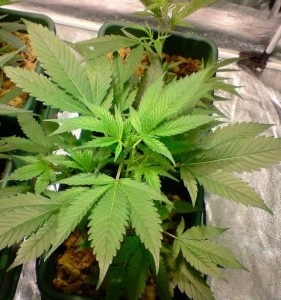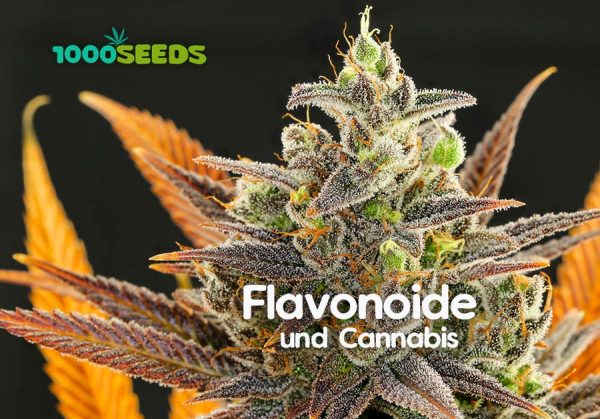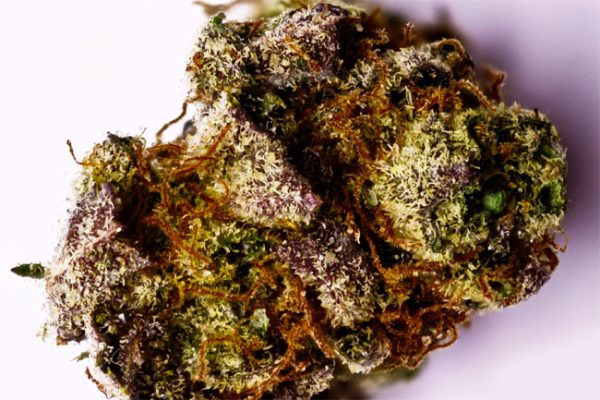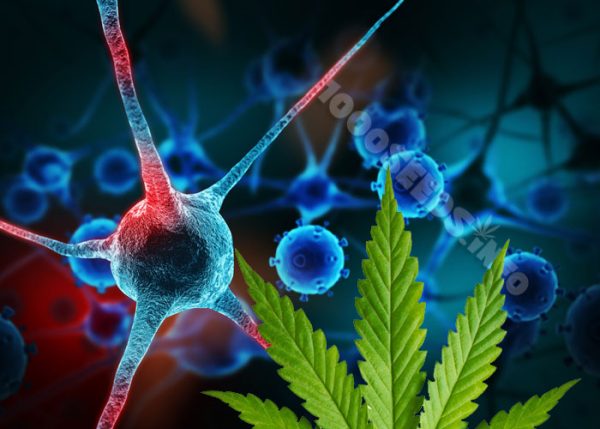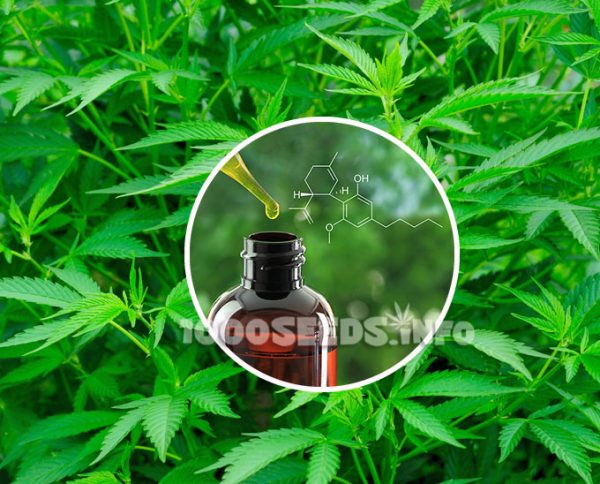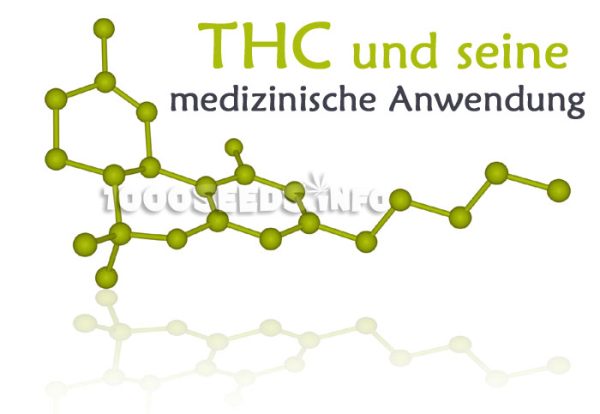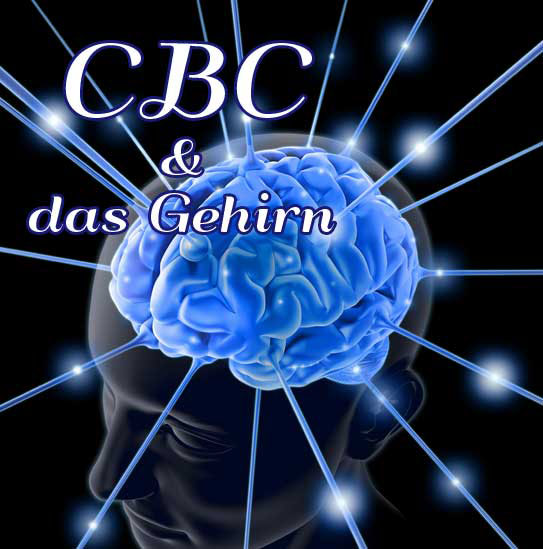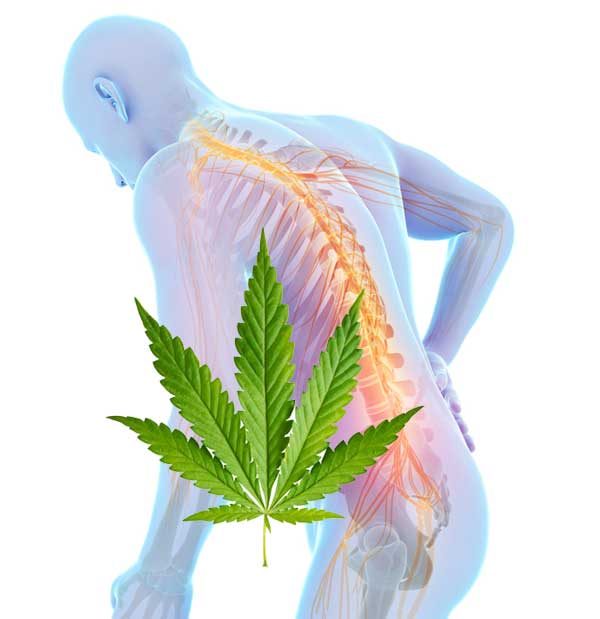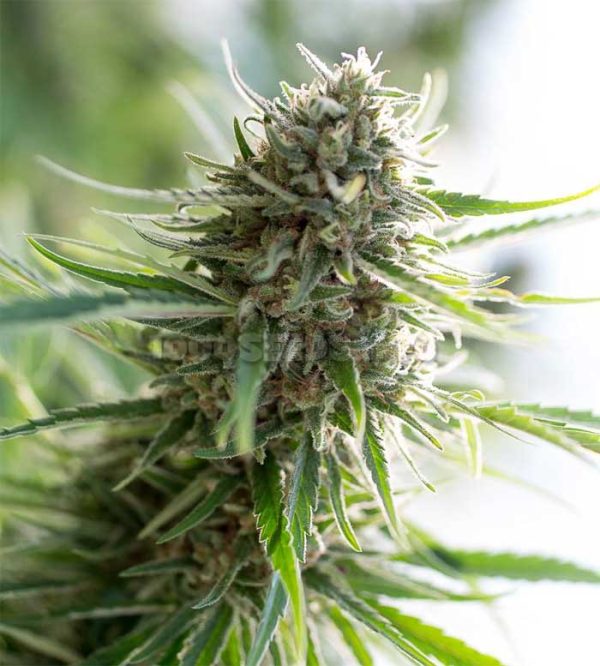Cannabichromene (CBC) belongs to the cannabinoids that have received less attention so far. CBC does not occur in cannabis plants in such high concentrations as THC or CBD. However, it has already been shown several times that it definitely has a high medicinal value. Similar to cannabidiol (CBD) and tetrahydrocannabinol (THC), CBC is formed from the important cannabigerolic acid CBGA. Cannabigerolic acid is also often referred to as the "stem cells" of cannabinoids, precisely because it is a precursor of THC, CBD and CBC.
To obtain cannabichromene (CBC), decarboxylation must first take place. This happens either over time or through the action of heat. This causes the CBCA to lose the CO2 molecule and thus become CBC. The same happens with the development of THC and CBD. Although CBC is found in cannabis in smaller concentrations than THC, it is one of the main cannabinoids of the plant and, according to the latest findings, offers numerous medicinal therapeutic benefits.
When patients use medical marijuana, in many cases they also benefit from the cannabinoid CBC. In particular, some newer strains of medical cannabis contain elevated levels of CBC, quite unlike street weed. In 2011, it was reported in the Journal of Toxicology that CBC is actually the second most abundant cannabinoid (after THC) in some marijuana strains in terms of quantity.
Like CBD, CBC affects the body without psychoactive effects, which is probably why it has received less attention than THC in the past. Studies over the last four years have shown that CBC not only works synergistically with THC, but also with CBD. CBD and CBC, as well as other cannabinoids, work together to combat pain and depression and reinforce each other.
(Antidepressant-like effect of delta9-tetrahydrocannabinol and other cannabinoids isolated from Cannabis sativa. Pharmacology Department, School of Pharmacy, University of Mississippi, University, MS 38677, USA.)
However, the promising and medically highly interesting cannabinoid CBC and its exact mode of action as well as the exact interaction with other components of marijuana is not yet sufficiently understood and is still being researched.
The medical effects of CBC

1. CBC fights bacteria and fungi
One of the first studies on cannabichromes was published in 1981 by the University of Mississippi. In this study, researchers at the time found that CBC has a strong anti-bacterial effect on a variety of bacteria including E. Coli and Staphylococcus (S. aureus)). CBC was also found to be effective against numerous fungi, such as black mould/Aspergillus Niger.
Staphylococcus aureus has mutated into the resistant MRSA pathogen within clinics and hospitals. The efficacy of CBC and other cannabinoids has also been observed with this resistant bacterium and it has been recognised that CBC, among others, is also helpful in combating it.
(Biological activity of cannabichromene, its homologs and isomers. J Clin Pharmacol. 1981 Aug-Sep;21(8-9 Suppl):283S-291S.) (http://norml.org/news/2008/08/28/pot-compounds-reduce-multi-drug-resistant-infections-study-says-cannabinoids-show-exceptional-antibacterial-activity-against-mrsa)2. the anti-inflammatory properties of CBC
Recent animal studies show that CBC can reduce oedema (swelling) and inflammation of the intestinal tract. Interestingly, CBC seems to fight inflammation without activating cannabinoid receptors like other cannabinoids. This may explain why CBC has a stronger anti-inflammatory effect when combined with other cannabinoids, especially THC.
In 2010, researchers at the Medical College of Virginia found that CBC has anti-inflammatory effects even without THC, but the combination of both cannabinoids leads to better results, even when the doisis of THC is so small that it does not trigger any psychoactive effect.
(Pharmacological evaluation of the natural constituent of Cannabis sativa, cannabichromene and its modulation by Δ(9)-tetrahydrocannabinol.)3. CBC and its pain-relieving effects
CBC is thought to inhibit inflammation and pain by enhancing and supporting the analgesic and anti-inflammatory effects of THC. In animal models, CBC has been shown to reduce pain, although the analgesic effect is not as strong as that of THC.
A 2011 study concluded that both CBC and CBD can combat pain that occurs at the spinal level. Scientists believe that these two cannabinoids will be involved in effective treatment of pain in the future and have high potential in this area.
(Non-psychoactive cannabinoids modulate the descending pathway of antinociception in anaesthetized rats through several mechanisms of action. Endocannabinoid Research Group, Department of Experimental Medicine - Division of Pharmacology 'L. Donatelli', Second University of Naples, Naples, Italy).
4. CBC against depression
A recent study at the University of Mississippi identified a significant antidepressant effect of cannabichromes in rat models and concluded that CBC, and a number of other cannabinoids, are able to generally elevate mood, as we have long known to be a property of cannabis. Scientists are still trying to figure out how CBC does this, because it doesn't seem to activate the same pathways in the brain as THC.
(Antidepressant-like effect of delta9-tetrahydrocannabinol and other cannabinoids isolated from Cannabis sativa L. Pharmacology Department, School of Pharmacy, University of Mississippi, University, MS 38677, USA)5. CBC promotes brain development
The latest research on CBC, shows the unique benefits of this cannabinoid, as it can actually help promote brain development. CBC increases the viability of brain cells, has significant positive effects on neurogenesis. Contrary to popular belief, neurogenesis does not stop when a certain age is reached. Especially the hippocampus (part of the brain) is important for memory and learning. When there is a lack or absence of cell growth in this area, it is thought that a number of disorders occur that can contribute to conditions such as depression and Alzheimer's disease. CBC therefore promotes neurogenesis. See also: CBC and brain development.
As Dr. Xia Jiang of the University of Saskatchewan recognised, one of the first scientists to uncover the remarkable effects of marijuana, explained in an interview with Science Daily:
"Most 'drugs' suppress neurogenesis . Only marijuana promotes neurogenesis. “
A 2013 study by Italian researchers found that CBC, especially when combined with CBD and CBG, promotes brain growth in adults.
(The effect of cannabichromene on adult neural stem/progenitor cells. – http://www.sciencedirect.com/science/article/pii/S0197018613002106. Endocannabinoid Research Group, Institute of Biomolecular Chemistry – CNR, Via Campi Flegrei 34, 80078 Pozzuoli, NA, Italy. )6. CBC and the anti-tumour effect
Several studies showed evidence that CBC can inhibit the growth of cancer cells. This could be a result of its interaction with anandamides. Anandamides are endocannabinoids that our bodies naturally produce on their own. They act on the CB1 and CB2 receptors. In the meantime, their antibacterial effect (even with resistant bacterial strains) has been proven several times.
One of the most interesting findings about cannabichromene is that it can inhibit the growth of cancerous tumours.
CBC and the synergistic effects with THC
A high CBC content in cannabis results in a "THC-strong" strain with a significantly higher potency and also stronger psychoactive effect. CBC alone has no psychoactive effect. However, it enhances both the psychoactive and therapeutic effects of THC:
The positive effects of CBC at a glance:
- helpful in controlling pain
- stops the growth of fungus
- anti-inflammatory and analgesic in combination with THC
- Stimulates bone growth
- Stops the growth of bacteria
- positive effects on the cell development of brain cells
- Inhibits the growth of cancerous tumours
Indicas and Indica dominant hybrids have the highest CBC content on average.
The following 3 varieties have a particularly high CBC content:
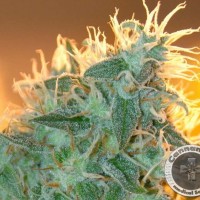 Alegria from Cannamed
Alegria from Cannamed
- 2.21% CBC
- 25.8% THC and 5.2% CBD
- stimulating, mood-lifting, euphoric
- for depression and listlessness
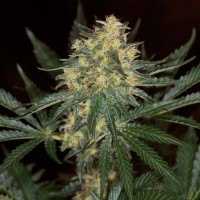 Black Jack by Sweet Seeds
Black Jack by Sweet Seeds
- 0.5% CBC
- THC: 21%, CBD: 1%
- euphoric and stimulating
- also available as Fast version with shorter flowering time
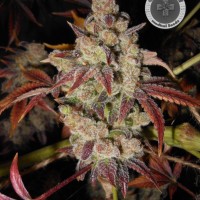 Elixir from Cannamed
Elixir from Cannamed
- 0.4% CBC
- 21% THC, 1.2% CBD
- Anti-inflammatory, relaxing
- Multiple sclerosis, nerve damage, brain diseases
–> more about medical marijuana:
Sources: American College of Clinical Pharmacology, Inc: Biological activity of cannabichromene, its homologs and isomers, 2013.
Medical disclaimer
The information on this website is for general information purposes only and is not to be equated with medical or legal advice. We do not wish to encourage anyone to consume or use drugs illegally. Please consult your doctor/health care provider before using any products/methods referenced or linked to on this website.


